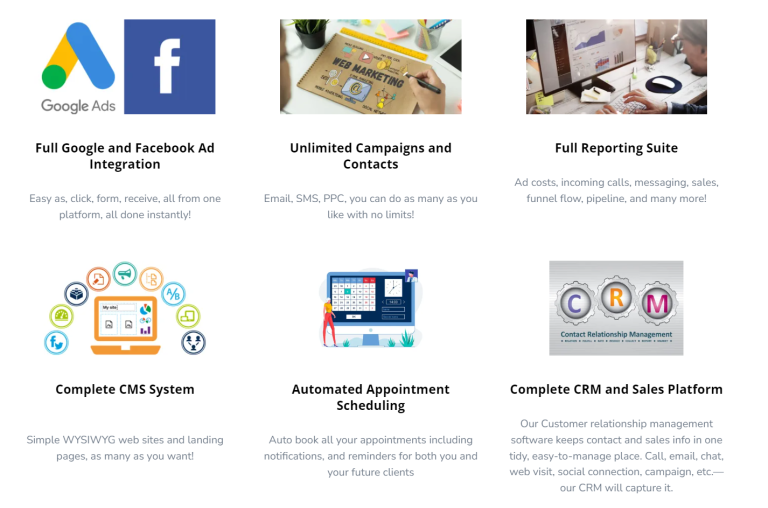A Customer Relationship Management (CRM) system is a software tool designed to help businesses manage and optimize their interactions with customers and potential customers throughout the entire customer lifecycle. There are several reasons why businesses use CRM systems:
1. **Centralized Customer Data**: CRM systems store and organize customer information in a central database. This allows businesses to have a holistic view of their customers, including contact details, purchase history, interactions, preferences, and more. Having all this information in one place enables better decision-making and personalized communication.
2. **Improved Customer Service**: CRM systems facilitate better customer service by providing quick access to customer information. When a customer contacts the company, the support team can easily retrieve relevant information, understand the customer's history, and provide more tailored assistance, leading to a better customer experience.
3. **Sales and Lead Management**: CRM systems help sales teams manage leads, track sales opportunities, and forecast revenue. By capturing interactions with leads and customers, businesses can better understand their sales pipeline, identify potential bottlenecks, and make data-driven decisions to improve sales processes.
4. **Marketing Automation**: CRM systems often integrate with marketing automation tools. This integration allows businesses to create targeted marketing campaigns, segment their audience, and send personalized messages based on customer behavior and preferences.
5. **Data Analysis and Reporting**: CRM systems offer reporting and analytics features that provide insights into customer behavior, sales trends, and overall business performance. This data-driven approach helps businesses make informed decisions and adjust their strategies as needed.
6. **Task and Time Management**: CRM systems can help teams manage tasks, appointments, and follow-ups. This ensures that important interactions with customers are not overlooked and helps maintain a consistent and organized approach to customer interactions.
7. **Enhanced Collaboration**: CRM systems often have collaboration features that enable different teams within an organization (sales, marketing, customer service) to work together seamlessly by sharing customer information, notes, and updates.
8. **Customer Segmentation and Personalization**: By categorizing customers into segments based on their behaviors and preferences, businesses can create personalized marketing messages and offers, increasing the chances of engagement and conversion.
9. **Customer Retention and Loyalty**: A CRM system can help track customer interactions, enabling businesses to proactively address concerns, provide timely support, and build stronger relationships. Satisfied customers are more likely to become repeat buyers and advocates for the brand.
10. **Scalability and Growth**: As a business expands, managing customer relationships manually becomes challenging. A CRM system provides a scalable solution that can accommodate larger volumes of customer data and interactions without sacrificing quality.
In essence, a CRM system streamlines and optimizes customer-related processes, leading to improved customer satisfaction, increased sales, and more efficient internal operations. It allows businesses to build stronger, more personalized relationships with their customers, which ultimately contributes to long-term success.


